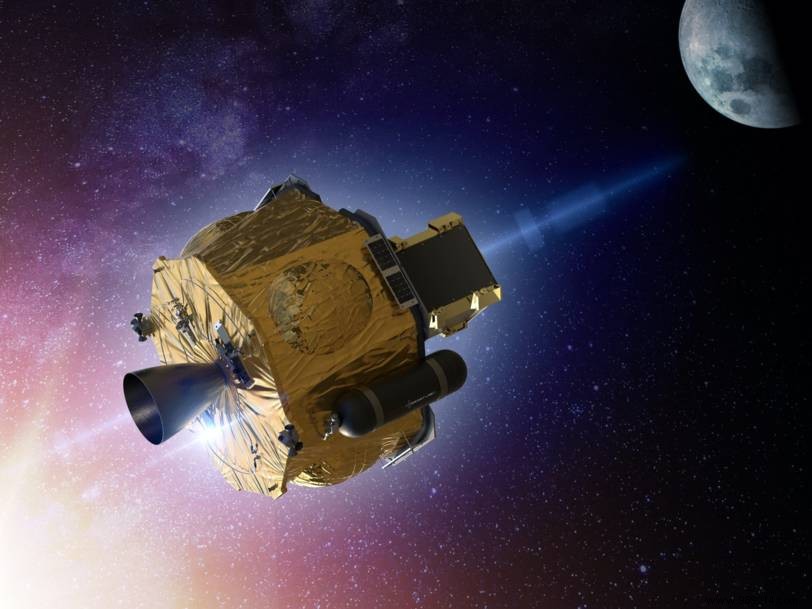Could Venus' clouds harbor life? That's the question Peter Beck, Founder and CEO of Rocket Lab, would like to answer. To do this, he intends to send a spacecraft directly on site in 2023.
A few days ago, the Royal Astronomical Society announced that it had isolated phosphine in the clouds of Venus, at an altitude where temperatures and pressures are similar to those recorded here at sea level on Earth. The announcement is particularly exciting since on our planet, these molecules can be produced by anaerobic bacteria .
Of course, isolating the phosphine signature does not necessarily mean that extraterrestrial life has been discovered. It is indeed possible that these molecules are generated by chemical reactions that we just don't understand yet. Still, the best way to find out would be to go see directly on site. That's good, that's exactly what Rocket Lab intends to do.
Rocket Lab is a young aerospace company specializing in sending small loads. After a failure to launch its Electron rocket in the spring of 2017, the company recorded a first success in January 2018 during the second test of his launcher. The latter had then put three small CubeSat format satellites into orbit.
Since then, the company has been progressing. Its Electron rocket continued to orbit satellites for NASA, DARPA and the US Air Force. At the same time, it has also begun to test recovery methods allowing the first stage of its launchers to be recycled, as SpaceX has been doing very well for a few years.
Finally, after a failed launch last July, Rocket Lab distinguished itself again in August by deploying its own satellite, built in-house . And this is a big first. Designed to carry small payloads into low Earth orbit on behalf of clients, the spacecraft named Photon would also be capable of performing interplanetary missions.
Rocket Lab will soon have the opportunity to prove it. The company has just won a contract from NASA to send a CubeSat the size of a microwave oven into lunar orbit, as part of the Capstone mission.

That said, if being able to reach the Moon would indeed be a great feat, Rocket Lab does not intend to stop there. Peter Beck, its CEO, has long planned to send a probe into the atmosphere of Venus to search for signs of extraterrestrial life . This type of mission could also help us understand why the one that once looked like Earth went so wrong.
Rocket Lab has been working on this Venusian mission for months already. The company is collaborating with Sara Seager of MIT, who is part of the team that recently detected phosphine in the planet's atmosphere .
If the mission goes through, the Photon ship will not travel to the planet's atmosphere on its own. It will "simply" hover over it and "drop" a small probe. It will cross the cloud layers of Venus at more than 38,000 km/h, without a parachute or any braking system to slow it down. The purpose of this brief descent will be to sample some atmosphere and transmit this data to the Photon mothership before succumbing to the daunting conditions found near the surface.
If Beck's vision comes true, Rocket Lab will be the first company to launch a private interplanetary mission.
While this mission could give us some interesting data on the planet's atmosphere, some aren't sure if it's enough to detect real signs of life. "Small probes, like the one proposed by Rocket Lab, are unlikely to have the mass to carry the sophisticated instruments we need to get to the heart of this research “, believes in particular Paul Byrne, planetary specialist at North Carolina State University. To be continued, therefore.

For its part, let's not forget that NASA, which is more focused on Mars, has not put Venus aside either. Earlier this year, the agency announced the finalists for its Discovery program. . And one of them, the Davinci+ mission, is very similar to the one Rocket Lab is considering.
The idea here would also be to release a probe into the atmosphere of Venus and analyze several rare inert gases such as krypton and neon which could enlighten us the story of Venus . In view of the latest news, we imagine that this mission could also be calibrated to detect phosphine associated with living organisms. If selected, however, this mission will not be launched until 2026 .